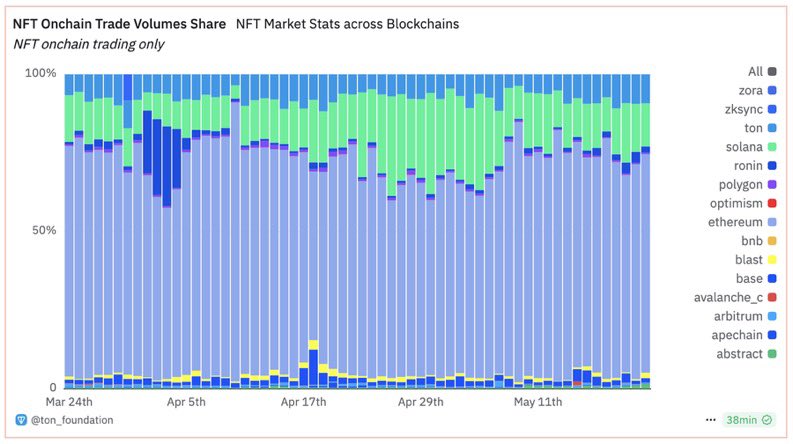Unpacking the Role of AI in Shaping Modern Society
Capturing the Pulse: Why AI Commands Our Attention
Artificial Intelligence (AI) isn’t just a buzzword thrown around in tech circles—it’s increasingly woven into the very fabric of our everyday existence. From the moment you unlock your smartphone using facial recognition to the way streaming platforms tailor shows to your taste, AI is seamlessly crafting experiences that feel both magical and intuitive. But beyond these surface-level perks lies a complex web of technology, ethics, economy, and human impact that deserves a thoughtful exploration.
Demystifying AI: What Makes Machines ‘Intelligent’?
At its core, AI refers to machines’ ability to mimic human-like cognitive functions—learning, reasoning, problem-solving, and even creativity. But this isn’t a vague magic trick; it’s grounded in algorithms that process massive data sets to identify patterns and make decisions. Machine learning, a subset of AI, involves training systems with data so they improve autonomously, akin to teaching a child to recognize animals by continuous exposure and feedback.
Two main flavors run the show: narrow AI, specialized at specific tasks (think: recommending your next purchase), and artificial general intelligence, an ambitious leap toward machines that could perform any intellectual task a human can. We’re currently entrenched in the era of narrow AI, but the quest for more generalized intelligence fuels much of the research and speculation.
AI’s Reach: Transforming Industries and Daily Life
The influence of AI cascades across diverse sectors, re-shaping how we work, live, and understand the world.
Healthcare Revolution
AI-powered diagnostic tools can analyze medical images faster and sometimes more accurately than human experts, catching diseases early and tailoring treatment plans [1]. Robotics enable precision surgeries, while predictive analytics help manage health crises by forecasting outbreaks.
Financial Markets and Risk Management
Trading algorithms execute thousands of transactions in milliseconds, optimizing portfolios and managing risks dynamically. Fraud detection systems flag suspicious activities, providing a bulwark against cybercrime.
Creative Collaboration
Artificial intelligence now partners with humans in creativity—writing poetry, composing music, designing products. The synergy between human intuition and machine computation illuminates new pathways in the arts.
Smart Cities and Mobility
From traffic optimization to energy management, AI orchestrates complex urban systems, enhancing sustainability and quality of life.
Navigating Challenges: Ethical, Social, and Economic Dimensions
However, the rapid ascent of AI isn’t without turbulence.
Bias and Fairness
AI systems learn from data reflective of existing human biases, sometimes perpetuating discrimination in hiring, law enforcement, or lending. Transparency and accountability in AI models have become critical calls among researchers and policymakers.
Job Displacement and Workforce Evolution
Automation threatens roles involving repetitive tasks, sparking fears of job loss. Yet, history suggests technology also creates new opportunities, requiring a shift toward skills emphasizing creativity, emotional intelligence, and complex problem-solving.
Privacy and Surveillance Concerns
The capabilities of AI to analyze vast personal data pools raise pressing questions about consent and civil liberties. Balancing innovation and individual rights is a tightrope walk demanding inclusive dialogue.
Driving Toward an AI-Enhanced Future: Strategies and Considerations
The future of AI hinges on shaping responsible innovation that benefits society broadly.
– Inclusive Design
Building systems with diverse teams can mitigate bias and enhance cultural sensitivity, fostering AI that respects the plurality of human experiences.
– Regulatory Frameworks
Governments worldwide are grappling with policies that ensure safety and fairness without stifling innovation. Adaptive regulations that evolve alongside technology seem the most promising approach.
– Public Engagement and Education
Demystifying AI for the general public empowers informed participation in debates around its direction and impact.
– Collaborative Governance
Cross-sector partnerships involving academia, industry, civil society, and governments can align AI development with shared ethical goals.
Reflections on AI’s Journey and Our Collective Role
Artificial Intelligence stands as both a mirror and a mold of human ingenuity: reflecting our aspirations, biases, fears, and possibilities. It challenges us to rethink what intelligence means and invites us to share stewardship over technologies that will shape future generations.
While AI promises unprecedented progress, it also demands vigilance, inclusivity, and courage to navigate uncharted ethical landscapes. Rather than fearing a mechanical takeover, embracing AI with critical curiosity can unlock its potential to augment and enrich human life in ways previously unimaginable.
In the grand tapestry of technological evolution, AI is neither a mere tool nor an autonomous overlord—it is a co-creation between humanity and machine, sculpting the contours of tomorrow’s world.
—
References and Further Reading

